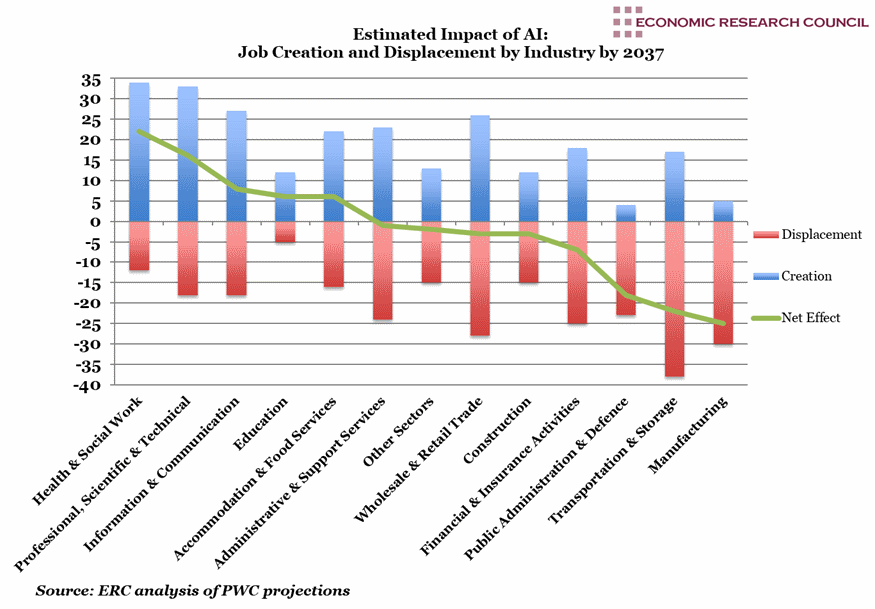AI Will Help TCS Create More Intellectual Property, Says Sivaraman ...
Sivaraman Ganesan talks to Outlook Business about how TCS will survive and thrive in the age of AI on the sidelines of the NVIDIA AI Summit
The Tata Group and India's AI Revolution
At the NVIDIA AI Summit in Mumbai last week, Jensen Huang, the chief executive of one of the world’s most valuable companies, highlighted the role of information technology giants like Tata Consultancy Services (TCS), Infosys, and Wipro in ushering in India’s artificial intelligence (AI) revolution. Amidst the discussions at the Jio World Convention Centre, TCS’ AI expert Sivaraman Ganesan discussed the company's strategies to navigate the AI landscape.
Tata's Approach to AI
Sivaraman Ganesan mentioned that while Tata has led India through various technological shifts, they are currently focused on leveraging open source and existing models to extract business value for customers. Although the possibility of building foundational AI models in the future is not ruled out, their current strategy revolves around deriving value from existing technologies.

The Role of IT Services Majors in AI
Ganesan acknowledged Jensen Huang's view that IT services majors will play a significant role in India's AI journey, emphasizing the importance of infusing AI into older technologies while assisting in developing new AI-driven solutions.
The Impact of AI on the IT Sector
Regarding concerns about AI disrupting the IT services sector, Ganesan expressed confidence in the industry's ability to adapt, citing past experiences with automation and noting that AI can enhance efficiency and elevate skill levels.
AI and Intellectual Property Creation
Ganesan highlighted TCS' history of AI-related products and expressed optimism about AI's role in ideation and intellectual property creation. The convergence of data, AI, and cloud technologies is expected to drive value creation, as evidenced by the establishment of TCS' AI[dot]cloud business unit.

Generative AI in Customer Support
Ganesan discussed the potential of generative AI in transforming customer support into a proactive, problem-solving function, emphasizing the efficiency and savings it can bring to companies. He stressed the importance of implementing proper guardrails to ensure data security and brand protection.
Data Challenges and AI Implementation
Ganesan addressed the challenges of data aggregation and quality in AI implementation, highlighting the importance of using data effectively to derive actionable business insights. He emphasized the need for stringent privacy and security measures in handling data for AI applications.
Ensuring Explainability in AI
Ganesan acknowledged the complexity of ensuring explainability in AI algorithms, citing evolving regulatory frameworks and the need for technology to align with legal requirements. Implementing adequate guardrails is crucial to maintaining transparency and mitigating risks associated with AI.
Watch | Bhavish Aggarwal Is On A Risky Ride. Will He Succeed?
Shorts | India's IPO Obsession




















